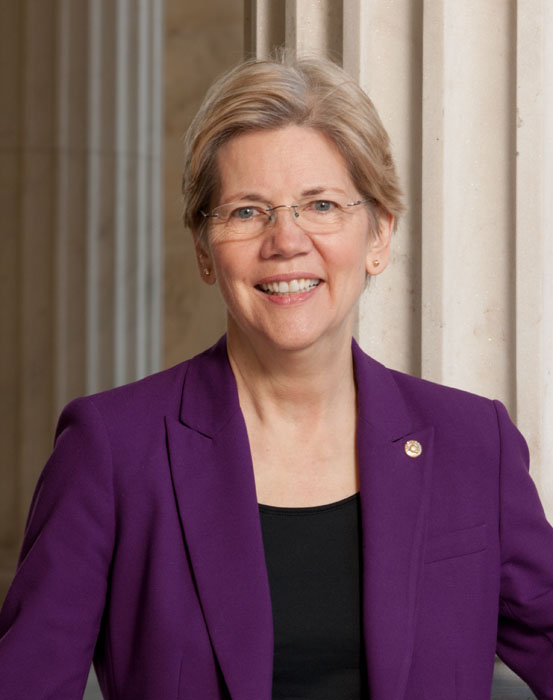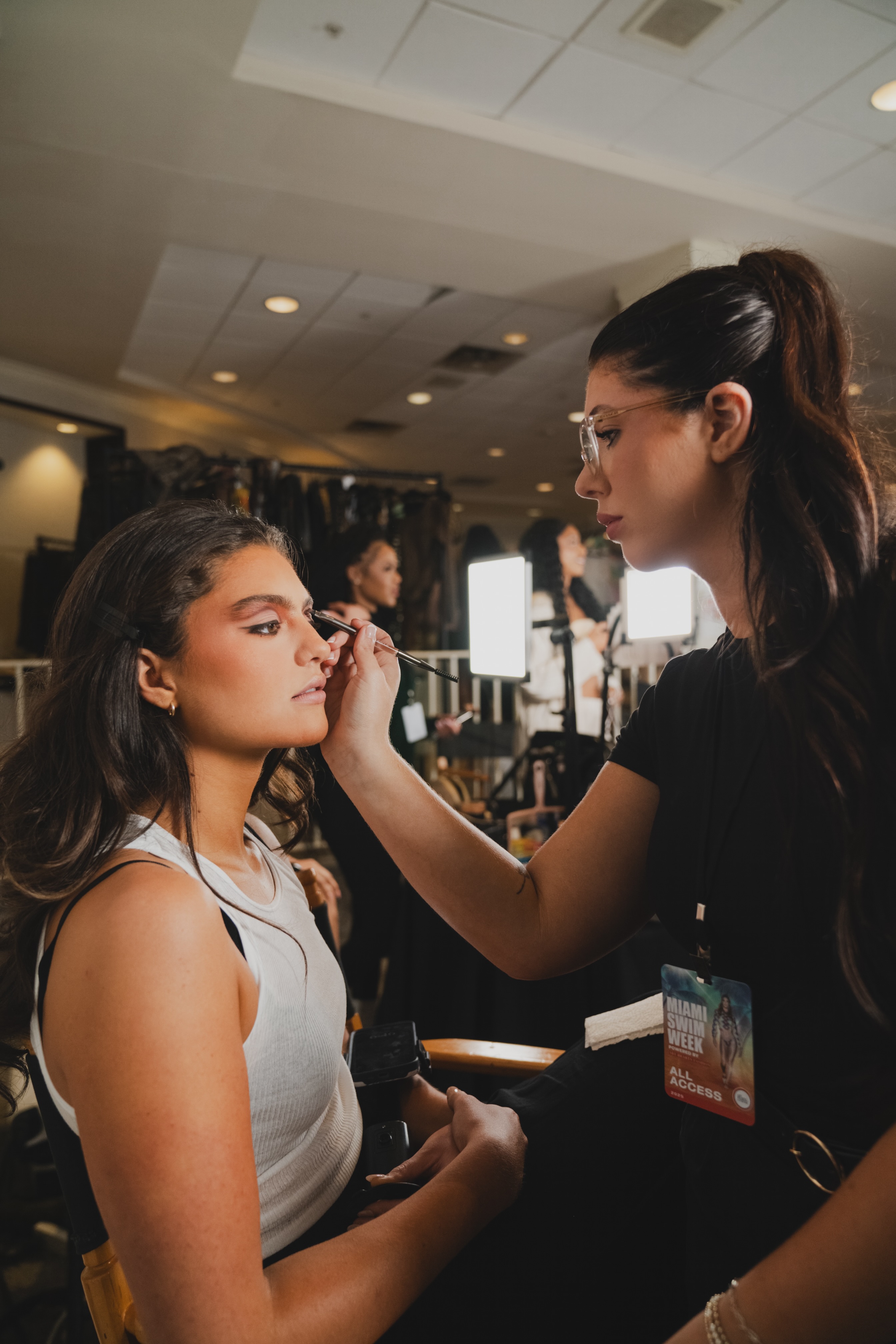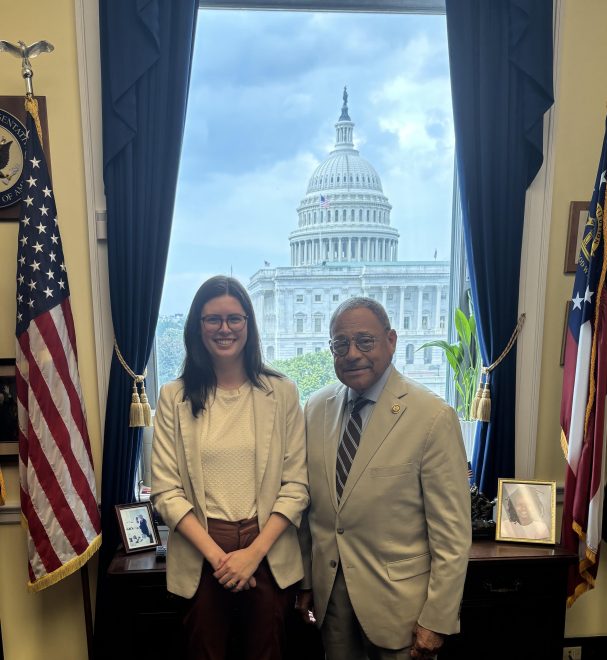Warren backers still looking for VP pick
Published 2:00 pm Thursday, July 14, 2016

- Warren Elizabeth
WASHINGTON – Some of Sen. Elizabeth Warren’s supporters are still hopeful that Hillary Clinton could pick the fiery Massachusetts senator as her running mate, despite signs that she might be passed over.
One discouraging indication of Warren’s chances came with reports Wednesday that she is scheduled to speak before this month’s Democratic National Convention in a lesser, Monday night slot. The program usually builds to a crescendo on Thursday night, when the nominee speaks.
Trending
That news came hours after Vermont Sen. Bernie Sanders endorsed Clinton. Warren is seen as a potential running mate, in part, to unite progressives after Clinton’s tough primary against Sanders.
In a phone interview, former Congressman Barney Frank, D-Massachusetts, acknowledged that bringing on Sanders supporters has been one of the arguments for Clinton to pick Warren.
But he said it’s hard to predict whom Clinton will support. Frank said on the Chelsea Handler show last week that Warren would best reassure progressives that Clinton will advance Sanders’ policies.
Warren supporters, including groups that tried to draft her to run for president in 2014 and a Democratic consultant, dispute the signs mean that she is out of the running for a spot on the ticket.
Despite Sanders’ endorsement, Clinton still has work to do to rally the party’s left wing.
Kati Sorensen, a delegate supporting Sanders from Pocasset, Massachusetts, is an example.
Trending
Sanders’ endorsement of Clinton made political sense to unite the party against presumptive Republican nominee Donald Trump, said Sorensen.
“I’ll never be a Clinton supporter. I find her too hawkish and corporate to represent my values effectively,” said Sorensen, who hasn’t decided whether to vote for Clinton or a third-party candidate in November.
By picking Warren, Clinton can solidify support among Sanders supporters who remain unconvinced, said Mary Anne Marsh, a Boston-based political consultant who was an aide to former Sen. John Kerry.
The schedule of convention speakers could change, Marsh noted, and she and others cite reason that Clinton should still choose Warren.
While some question whether voters are ready to support two women on one ticket, Marsh said it not only helps, it may boost turnout among women, among whom Clinton does well.
That could be key. Trump’s supporters are largely white and male, Marsh said. And, in campaigns that turn negative, women tend to become turned off and stay home on Election Day.
At the same time, she said, Warren could help win back Democrats who changed parties to support Trump.
In Massachusetts, for example, white, male Democrats who backed former Republican Sen. Scott Brown in 2010 later backed the populist Warren in 2012. Some of those same voters are now backing Trump, she said.
Warren has also flourished in a running Twitter battle with Trump, for example by offering on June 29 to become a wizard from the Harry Potter novels: “Trump. Death Eaters? I got this.”
Trump, meanwhile, has repeatedly mocked Warren’s claims of being part Native American, calling her “Pocahontas” and tweeting, “Crooked Hillary is wheeling out one of the least productive senators in the U.S. Senate, goofy Elizabeth Warren, who lied on heritage.”
Marsh argued that selecting Warren as a running mate would allow her to keep hammering Trump, so that Clinton can focus on talking about herself and her policies.
Neil Sroka, spokesman for Democracy for America, a progressive political action committee involved in the draft-Warren effort, said selecting her or another progressive “would illustrate continued commitment for some of the fights Sanders has waged.”
Kait Sweeney, spokeswoman for the Progressive Change Campaign Committee, also remained hopeful. She argued that Democrats lost ground in the 2014 congressional elections because “they didn’t stand for big ideas and voters weren’t excited about what voting Democratic would mean for their family’s future.
“Choosing someone like Elizabeth Warren – who has a proven track record of boldness on ideas like expanding Social Security benefits instead of cutting them, breaking up too-big-to-fail banks, and debt-free college – would reinforce Clinton’s commitment to those issues and be a powerful rebuke of Trump’s faux economic populism,” she said.
But, on the other hand, Clinton may choose a more moderate running mate who will help in swing states.
For those looking at political tea leaves, Warren was scheduled to campaign with another top contender for the job of Clinton’s running mate, Sen. Tim Kaine, D-Va., in Annandale, Virginia, today.
Kyle Kondik, managing editor of Larry J. Sabato’s Crystal Ball, a political blog published by the University of Virginia political science professor, said if Clinton picks Warren, it would be to shore up her support from the left.
“Sometimes, safe is better than flashy in vice presidential selection. Warren would be a flashy choice,” he said. “We’ll see which way Clinton, who typically is very cautious, will go.”
Warren’s press aides did not return inquiries.
There’s also no guarantee even a Warren pick would win over hard-core Sanders supporters.
Sorensen called a potential Warren selection “obvious pandering to the progressive base,” which she said would “leave a gross taste in my mouth …
“I think we need Elizabeth Warren where she is,” she said. “Making her VP would, in a sense, neuter her.”
Cindy Purvis, a Sanders delegate from Erie, Pennsylvania, said will be disappointed if Clinton selects a current senator as her running mate.
“We need all of them to stay where they are. The VP does next-to-nothing, unless tragedy occurs,” she said.
Warren is in a no-lose situation, said Dennis Kelleher, a Warren ally and former aide to Sen. Edward Kennedy, D-Massachusetts.
Kelleher, who heads an advocacy group, Better Markets, that pushes for regulating the financial industry, said he remains hopeful that Warren will get picked. He said she would bring “substantive and political skills” as a running mate.
She also could be “one of the most powerful senators in the U.S. Senate,” who would be in a position to shape issues including banking regulation, he said.
Marsh noted the influence of senators outweighs that of the House of Representatives.
“It’s better to be 1 of 100, instead of 1 of 435,” she said.
“It’s also better to be 1 of 2, instead of 1 of 100.”
Kery Murakami is the Washington, D.C. reporter for CNHI’s newspapers and websites. Reach him at kmurakami@cnhi.com





